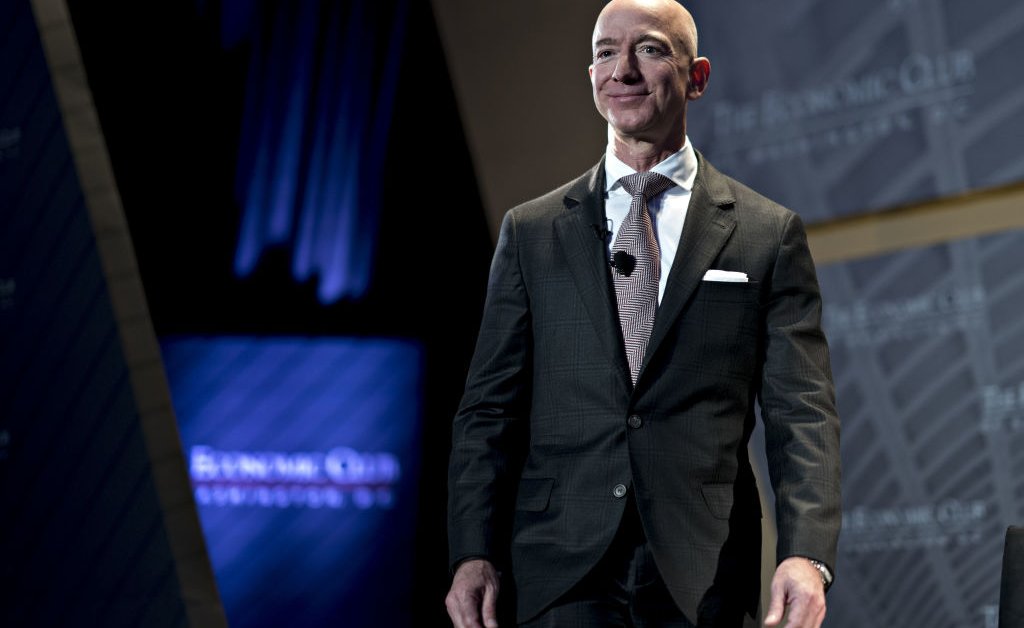
Translating…
A brand original represent came upon that the realm’s 2,153 billionaires fetch more wealth than 4.6 billion of us, underscoring the stage of global inequality.
The Oxfam Global test out, released Monday and dubbed “Time to Care,” reveals that the resolution of billionaires has doubled within the previous decade. The authors add that these fortunes fetch largely been gathered whereas on a conventional foundation of us, especially uncomfortable females, continue to fight.
“The hole between rich and uncomfortable can’t be resolved with out deliberate inequality-busting policies, and too few governments are dedicated to these,” Oxfam India CEO Amitabh Behar talked about in apress assertion. “Our broken economies are lining the pockets of billionaires and big industrial at the expense of favorite women and men. No shock of us are initiating to question whether or no longer billionaires would perchance well also accrued even exist.”
The represent finds that females are most impacted by the rising equality hole — the 22 richest males on this planet fetch additional cash than the total females in Africa, as an example. Also, 12.5 billion hours of unpaid care work is accomplished by females and girls each day, which contributes $10.8 trillion greenbacks a twelve months to the worldwide economy, the represent came upon. Women additionally attain bigger than three-quarters of all unpaid care work and develop up two-thirds of the paid ‘care workers,” Oxfam talked about.
Governments are no longer taxing the wealthiest of us or companies ample, the represent argues. Oxfam came upon that if the realm’s richest one p.c needed to pay an further 0.5 in taxes over the subsequent 10 years, that would perchance well be equal to the investment that is wanted to add over 100 million jobs in workforces fancy well being, education and childcare.
“Governments should prioritize care as being as vital as all other sectors in portray to build more human economies that work for every person, no longer only correct a lucky few,” Behar talked about.
Write toJosiah Bates atjosiah.bates@time.com.
